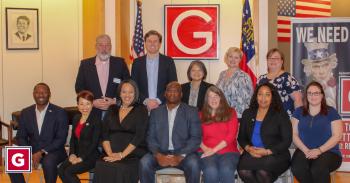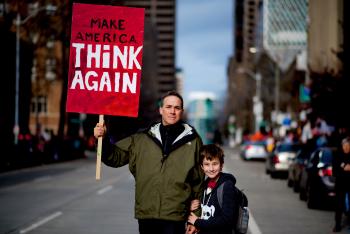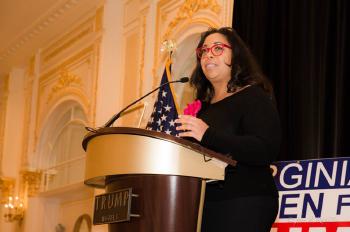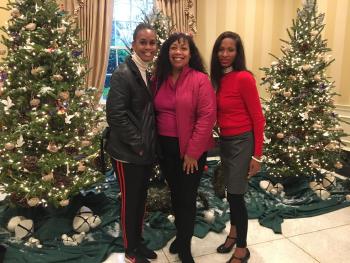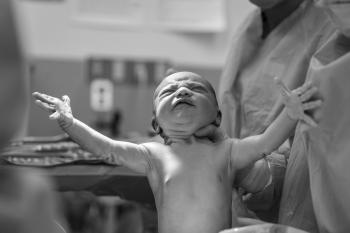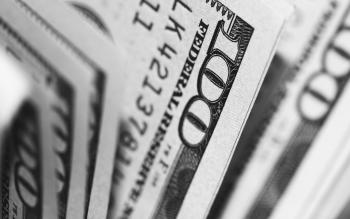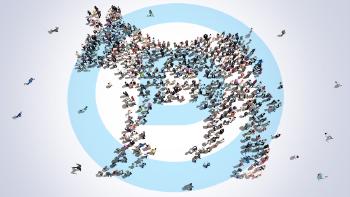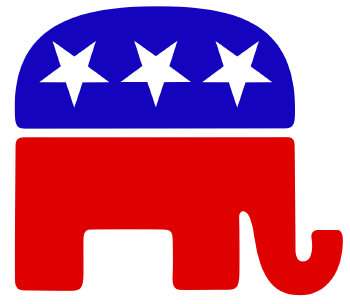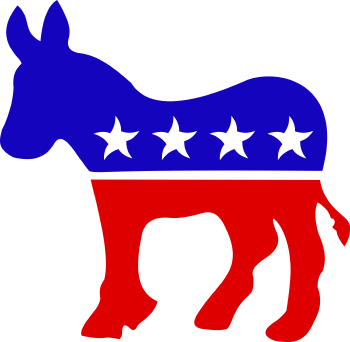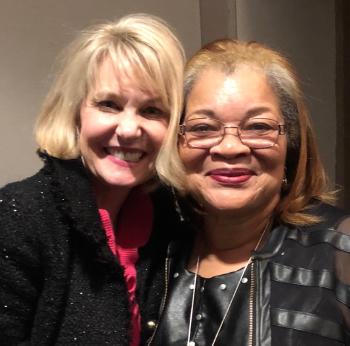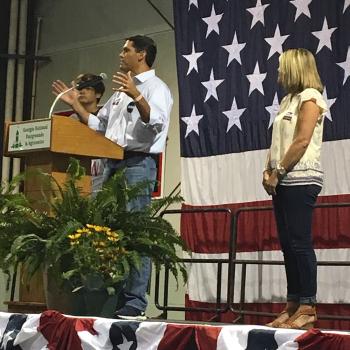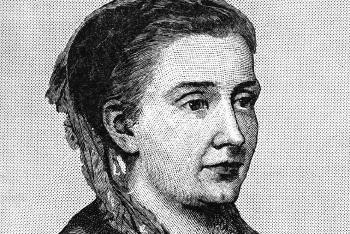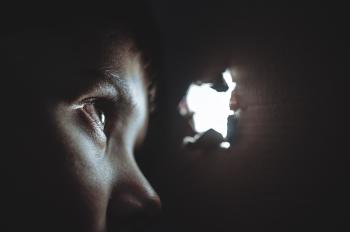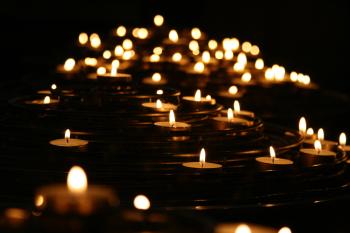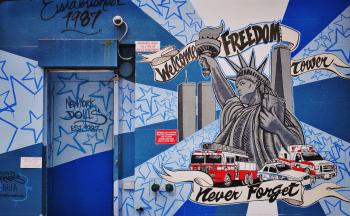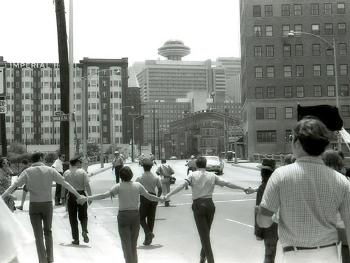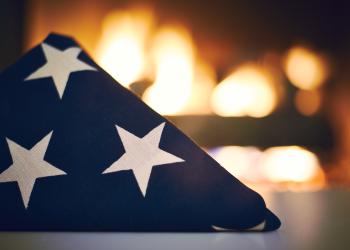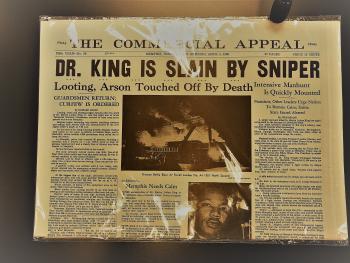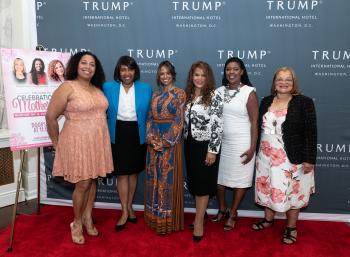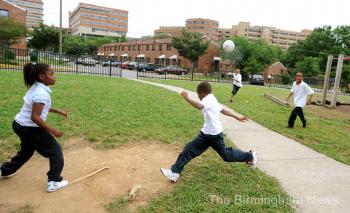Recollections of My Father

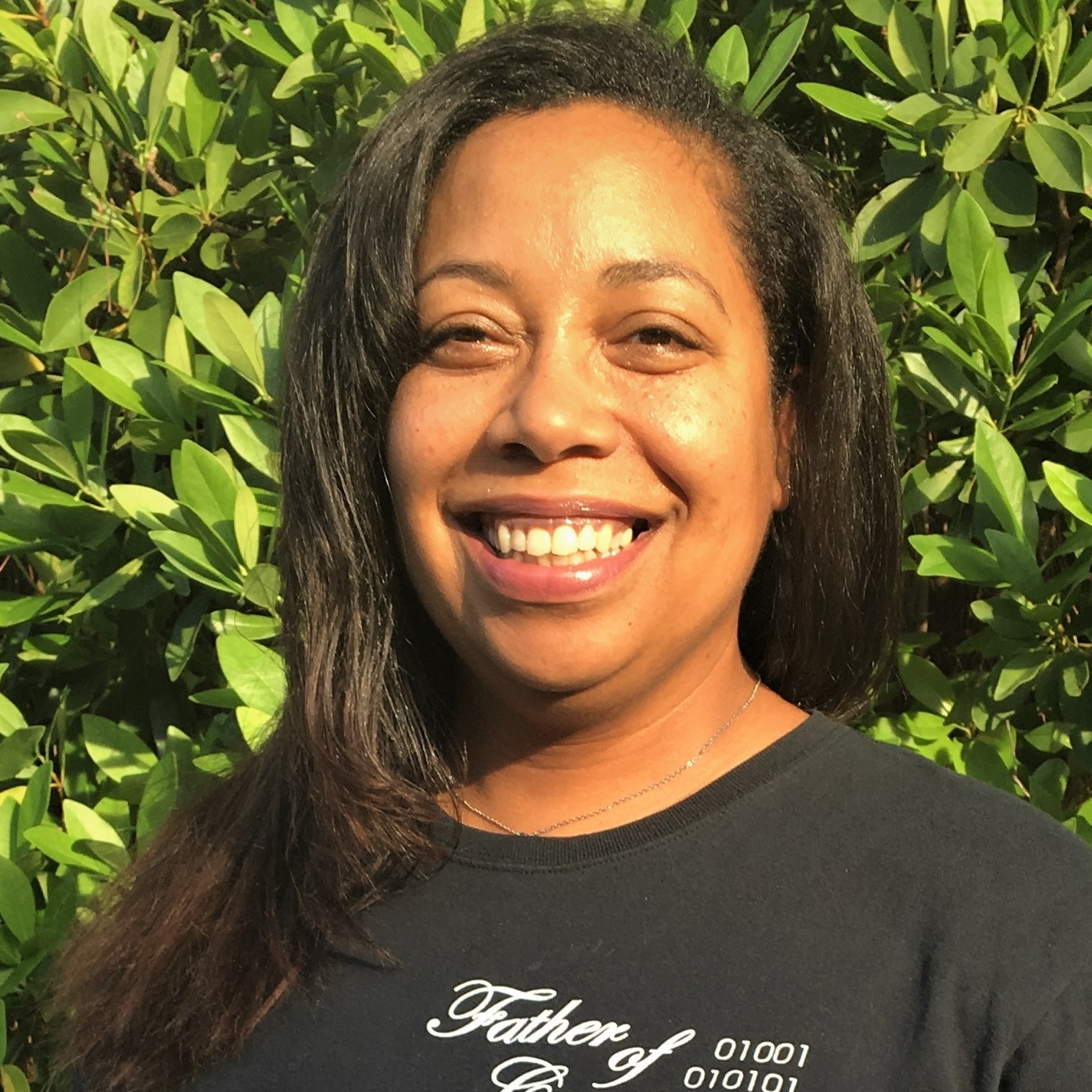
Lisa Noël Babbage
Author, Teacher, Philanthropist
Jun. 18, 2018
“Gerald Cecil Boykin was my dad... he believed in God. He believed in America. And he believed in his family.”
When General William “Jerry” Boykin talks about America, he is not just waving a banner over his own service. In most cases, he is actually waving the flag for his father. “Gerald Cecil Boykin was my dad… he believed in God. He believed in America. And he believed in his family,” General Boykin proudly professes. But the service of both of these men was not just relegated to the uniform they wore. In a recent speech to a group of families in recognition of Father’s Day, General Boykin spoke from the heart about the most important job a man can have, Fatherhood.
According to Boykin, becoming a father is the most important responsibility a man can undertake. In his 5 P’s of Fatherhood speech, he focused on his own father’s fight for future generations. Gerald Boykin, “Jerry’s” father, enlisted into the United States Navy at the age of 17, “Jerry” recalls. Leaving the tobacco farm where he was raised in Eastern North Carolina, Gerald ended up more than 3,000 miles away in Normandy, France. It was D-Day. Gerald operated a beach landing craft under heavy artillery and was eventually hit during his approach. He lost an eye in that conflict. Waking up at Bethesda Naval Hospital days later, he received his discharge papers and was sent back to his parents.
The senior Boykin did what many patriots returning from World War II did: came home, worked, married, and returned to their lives. Boykin took in his parents when their age necessitated it, using his disability check to supplement his income on the farm.
A crowd of 2,000 fathers and their families listened intently as General Boykin, a man whose own military exploits where chronicled in the 2001 film “Black Hawk Down” wept at the recollection of his father’s humble nature. Six years later, he would say, his father joined the United States Army at the onset of the Korean War. “Dad took responsibility in serving his country…he never let disability keep him from working or serving,” he would proclaim.
After being honorably discharged a second time, Gerald returned again to his family and the farm. But America’s experience in war was far from over. Before the age of forty, Gerald Boykin would see his third major conflict, this time in Viet Nam. Boykin was offered a civilian job from the United States Marine Corps, which he accepted, a job he worked for 32 years.
General Boykin, who had his own share of military grandeur, was equally proud of his father’s accomplishments out of uniform. In times when North Carolina was still segregated, Gerald took on the financial and emotional responsibility for a African American boy whose father had died. He told his son, who choked up as he shared the story with a capacity crowd, “Shakif is your brother. Treat him like your brother.”
Boykin learned how to live a life of meaning. His belief in God and in his country where the mainstay of every decision he made. From a personal choice to stand up in the face of racism to the very front lines of World War, Gerald Cecil Boykin left behind a legacy of fatherhood, on the battlefield and on the home front.
When “Jerry” Boykin concluded the words he prepared to inspire today’s fathers, it became evident, in the hushed crowd, he had actually inspired them all. His message, told with love and respect for fatherhood, became a message for all of America.
